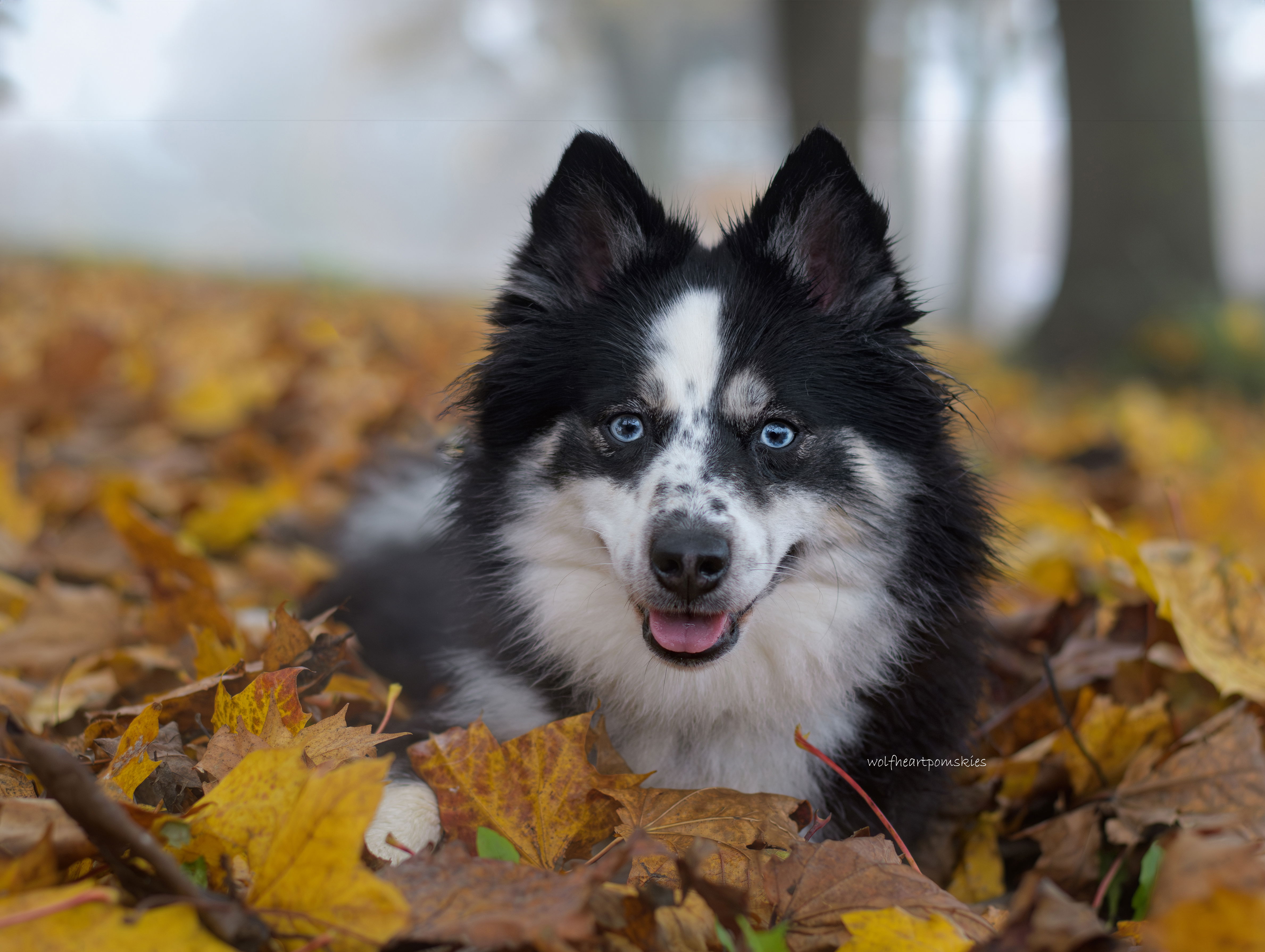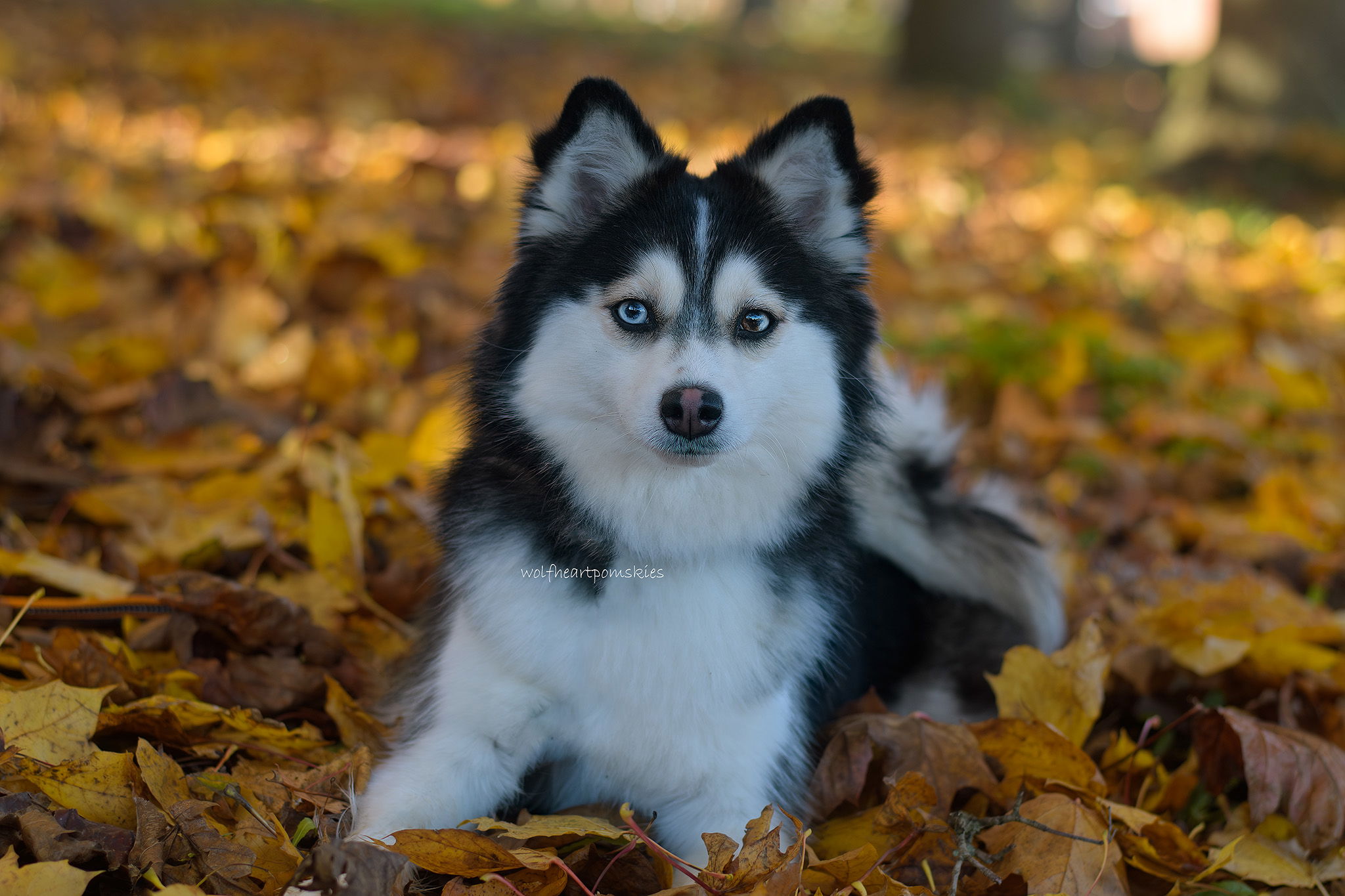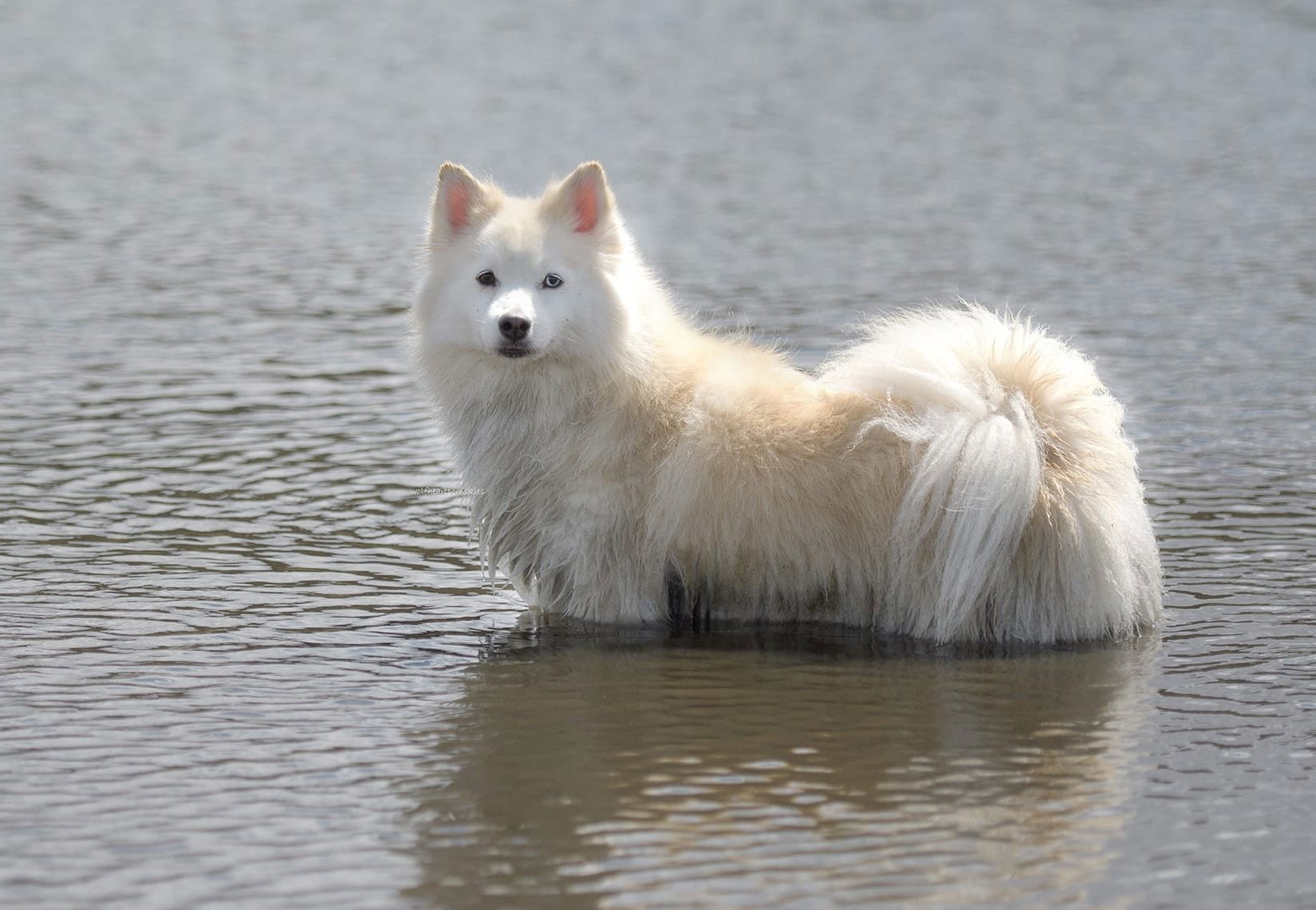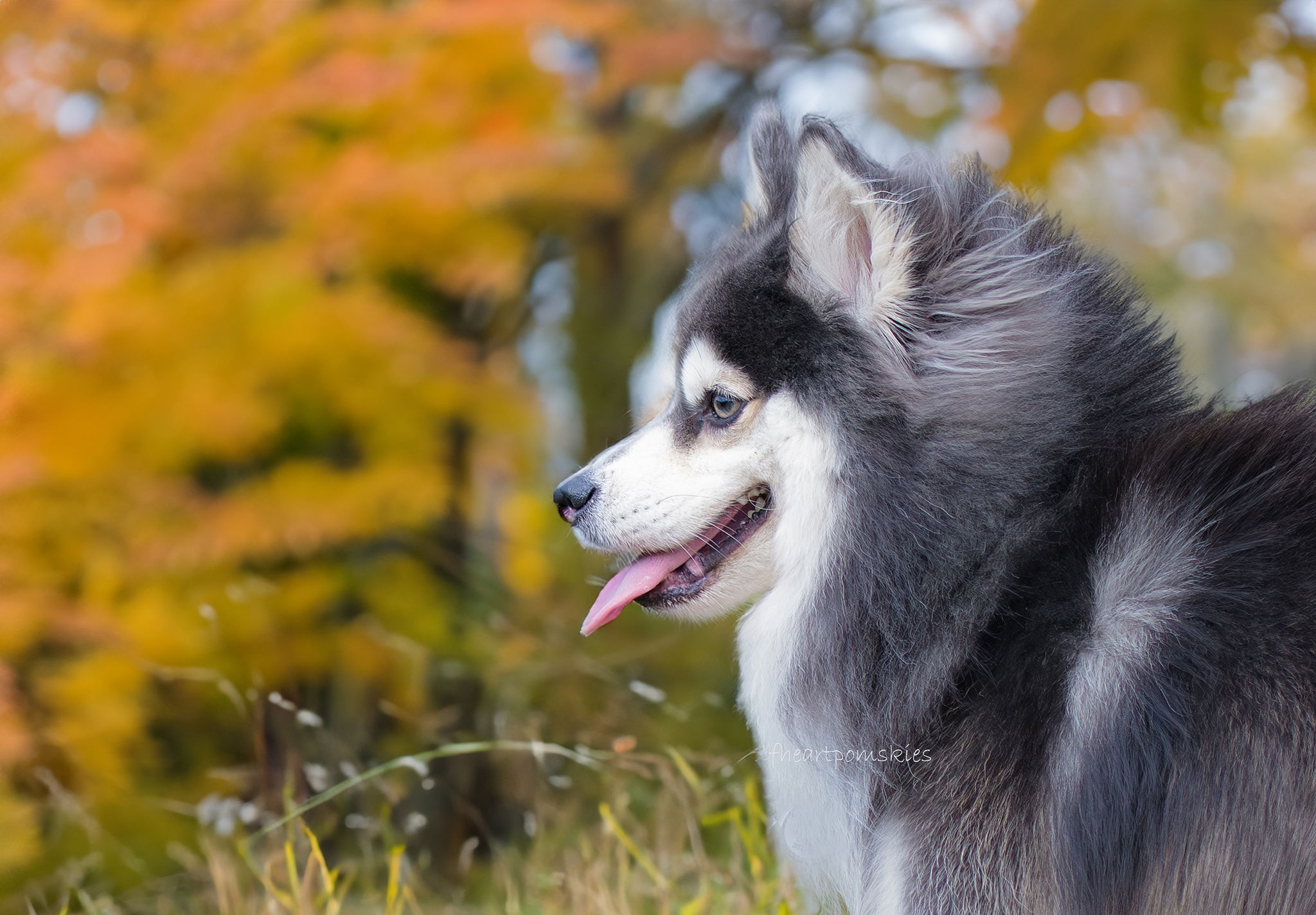As a breeder, our goal should be to make the next generation better. We need to do our research as genetics plays a huge role in breeding. Not only do colours get passed on genetically but also health, traits, behaviour, conformation, size, trainability, and epigenetics (dogs' experiences will affect their DNA to protect their progeny).
There is a huge amount to consider when it comes to choosing our breeding pairs. I like to take into account:
- Temperament (a good-looking dog doesn’t mean they will be easy to live with),
- Their behaviour in different situations (most of my puppies will live in family homes so they need to make good pets)
- Conformation (a bad conformation can affect their joints)
- Health (we want our dogs to live a long, happy life free from pain)
- Trainability (we need dogs to be able to adapt to a variety of situations as family pets),
- Their DNA colour traits- for example, sables and whites/creams are not as desirable as typical black/white husky-masked puppies.
Health Testing
Pomskies should be hip and elbow scored, eye tested annually, gonioscopy every 3 years and Embark tested for breed and health. Depending on their results, they may need to be excluded from a breeding programme or their breeding partner needs to be more carefully considered (for example, we wouldn't breed two grade 1 dogs together or two carriers of an eye disease together).
Ideally we want low hip scores, 0 for elbows, Grade 0 for eyes and ideally no carriers of testable diseases.
Temperament
Temperament is hereditary. Puppies may inherit more temperament traits from 1 parent, a mix of both or may show traits from grandparents or great-grandparents. Breeders need to be critical of their dogs when considering whether they should be in a breeding programme. There is so much to consider and we need to take into account their breed(s) traits. Family pets needs to be adaptable, a shy gundog wouldn't make a good gundog, and a fearful dog wouldn't be ideal in a show ring.
Embark Traits
If our dogs have passed their health tests, and are ideal to be parent dogs (taking into account their temperament and traits) then we can use Embark to choose our breeding pairs and to predict puppy colours.
Dominant genes are written down in capital letters. These genes dictate what the phenotype of the dog will be (what the dog looks like). Dogs can have 2 dominant genes, 1 dominant and 1 recessive gene, or 2 recessive genes per locus. Recessive genes will only affect the phenotype if their dominant gene is not present.
E locus
The E locus determines whether a dog produces dark hair or “red” hair. Red can range from cream, yellow, and golden to copper red.
In Pomskies and northern breeds, the order of dominance at the E locus is E>Em>eA>e
E is responsible for the colours/markings seen in Raven.

Em is for the masked/darkened muzzles also known as melanistic mask.
eA is responsible for husky masks/domino markings.

e is responsible for the lighter coats.

Ideally in Pomsky breeding, we want our parent dogs to be eA/eA or eA/e to get the classic husky mask.
D locus
The D locus is responsible for the black and diluted coat colour. Willow is Dd, dominant gene D means she is black and white but carries dilute (d, the recessive gene). Paired with Drake, she has a 50% chance per puppy of being black/white or blue/white.
On the same locus, Drake is dd. He carries 2 recessive genes therefore his body will not show any black pigment. He has a diluted version of black making him appear the lovely grey colour commonly known as blue. His eye rims are dark grey, his paw pads are pink and dark grey, and other areas like his lips and his nose are also dark grey.

We can use Punnett Squares to predict our puppy colours.
| x | D | d |
| d | Dd | dd |
| d | Dd | dd |
If a dog was bb on the B locus and dd on the D locus, the dog's coat colour would be a diluted chocolate colour- also known as lavender or lilac. This is the rarest colour due to the recessive genes needed on the B and D locus. The light chocolate colour has a lilac hue to it.
In my breeding programme I will be mainly focusing on black/white husky masked puppies with the occasional choc/white and blue/white.
Raven will produce black and tan and when I retire her, I will no longer breed for black/tan.
I will only breed for plush and woolly coats.
I do have a few ideas to introduce different bloodlines and possibly other colours etc but I want to see how our puppies born in 2024 develop before making decisions.
The above locus are only a few that need to be taken into consideration. More information on the other locus can be found on the following link on Embark's website:
https://embarkvet.com/en-GB/breeders/traits-list-for-breeders/#coat-color
Claire 🐾